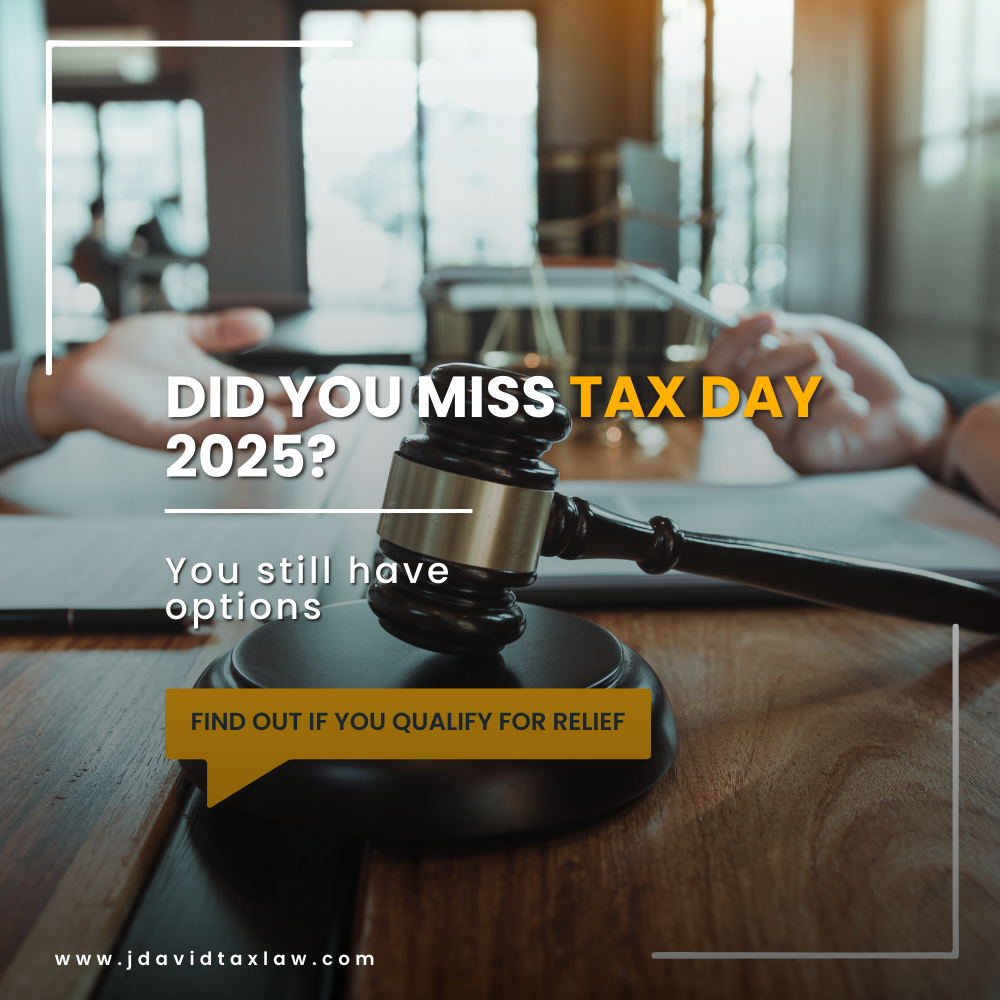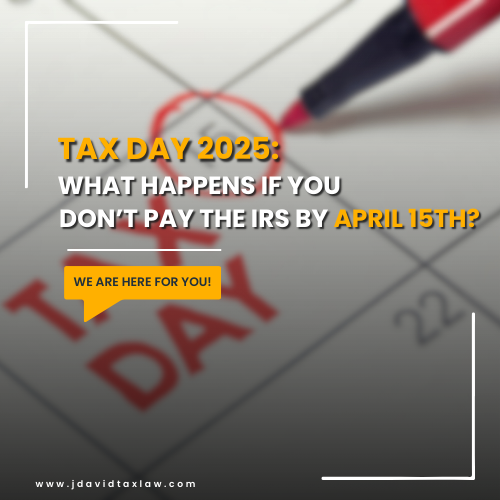Offer in Compromise
Settle your IRS tax debt for less than the full amount owed through effective negotiation with an Offer in Compromise.
Find Out If You Qualify for Tax Relief in 4 Easy Steps!
Check Your Eligibility for Tax Settlement Today!
What is Offer in Compromise?
An Offer in Compromise (OIC) is an IRS program that allows taxpayers to settle their tax liability for less than the full amount owed, offering relief for those experiencing financial hardship or economic hardship. The IRS evaluates each application based on the taxpayer's financial situation, including income, expenses, and asset equity, to determine a reasonable collection potential (RCP). Payment options for settling the debt include lump sum payment plans and installment agreements.

Expert Tax Debt Services for Offer in Compromise IRS Assistance
Our tax debt attorneys make sure to have your first Offer In Compromise filing your last. Here’s how:
• We’ll conduct a thorough review of your monthly income, expenses, and asset equity to find the most feasible offer amount just for you.
• Choose between a lump sum payment or a structured payment plan, customized to your financial condition, to efficiently settle your tax debt.
• Get professional assistance with the meticulous preparation of your Offer in Compromise Form 656-B, doubling your chances of acceptance.
Legalize your offer completely with the best tax lawyers so the IRS has no choice but to accept, protecting your financial interests.
Offer in Compromise Success Stories
$1,500
Offer Amount Accepted
Total Debt: $60,000
Debra K.
$100
Offer Amount Accepted
Total Debt: $57,000
Ian M.
$1,000
Offer Amount Accepted
Total Debt: $88,000
Nicholas G.
$100
Offer Amount Accepted
Total Debt: $83,000
Eryka A.
$80
Offer Amount Accepted
Total Debt: $32,000
Deseree W.
$1,074
Offer Amount Accepted
Total Debt: $38,000
Dennis J.
$2,500
Offer Amount Accepted
Total Debt: $43,000
Anthony C.
$25
Offer Amount Accepted
Total Debt: $40,000
Tommy B.
$21,000
Offer Amount Accepted
Total Debt: $302,401
Valerie B.
$60,300
Offer Amount Accepted
Total Debt: $1,622,404
Kenneth J.
$157
Offer Amount Accepted
Total Debt: $10,000
Chris A.
$168
Offer Amount Accepted
Total Debt: $30,000
Heather N.
What are the specific qualifications for Offer in Compromise?
• If the IRS has incorrectly assessed your tax liability, meaning there is a genuine dispute over the correctness of the amount owed, then you’re eligible for Doubt as to Liability.
• If you are unable to pay the full amount of your tax debts, indicating that your assets and income are insufficient to cover the debt, then you’re eligible under Doubt as to Collectibility.
• If paying the tax debts would cause significant financial hardship or be considered an exceptional circumstance, such as leaving you unable to cover basic living expenses, then you’re eligible under Effective Tax Administration.
• Applicants must submit Form 656-B along with a nonrefundable application fee and initial payment. This program provides a viable solution for those under exceptional circumstances.
To learn more if you qualify for an Offer in Compromise read here.
To fully understand the financial requirements and ensure eligibility for an Offer in Compromise, please refer to the detailed Offer in Compromise Booklet or using offer in compromise pre qualifier tool.
Call today for a free tax debt consultation and secure an IRS compromise offer that provides significant tax debt relief, perfectly tailored to your financial situation. Don’t wait—take control of your finances today!

How a Reliable Tax Service Simplifies Tax Debt

Financial Hardship Analysis
Our expert tax attorneys review your total tax debt, including penalties and interest, to develop personalized resolution strategies.


Streamlined Application Process
Our certified team of tax attorneys assists in preparing IRS Form 656-B, IRS Form 433-A (for individuals) or Form 433-B (for businesses)

Negotiation with the IRS
The next step is engaging in negotiation with the IRS to secure the most favorable terms for your tax resolution.

Legal Professional Support
Our expert tax debt attorneys provide rigorous support throughout your application process.

Financial Analysis
Our expert tax attorneys review your total tax debt, including penalties and interest, to develop personalized resolution strategies.



Application Process
Our experienced team of tax attorneys assists in preparing IRS Form 656-B, IRS Form 433-A (for individuals) or Form 433-B (for businesses)

Negotiation with the IRS
The next step is engaging in negotiation with the IRS to secure the most favorable terms for your tax resolution..



Legal Support
Our expert tax debt attorneys provide rigorous support throughout your application process.

Furthermore, the process is inherently lengthy, taking 6 to 12 months, during which any missteps or missed IRS compliance checks can extend delays or worsen financial strains.
Why Do You Need a Professional Tax Attorney?
What Are Your Next Steps If Declined for an Offer in Compromise?
Denied an Offer in Compromise? Discover the next steps to manage your tax debt effectively.
Payment Plans / Installment Agreements
Temporary Delay of Collection
Penalty Abatement
Appealing a Decision
Checking for Hardship Provisions
What is an Offer in Compromise and how does it work?
Who is eligible to apply for an Offer in Compromise?
What are the benefits of an Offer in Compromise?
How much should I offer in compromise to the IRS?
How long does the offer in compromise process take?
Are there any alternatives to an Offer in Compromise for resolving tax debt?
Additional Resources

- Tax Relief
Can a Tax Attorney Negotiate with the IRS?

- Tax Debt
Did You Miss Tax Day 2025

- Tax Debt
Tax Deadline Extension for California Wildfire Victims: IRS Relief and Penalty Help

- Tax Debt
Tax Day 2025: What Happens If You Don’t Pay the IRS by April 15

- Tax Litigation
Civil Tax Litigation vs. Criminal Tax Litigation: What You Need to Know

- Tax Litigation
Corporate Tax Litigation: Common Challenges and How to Overcome Them


